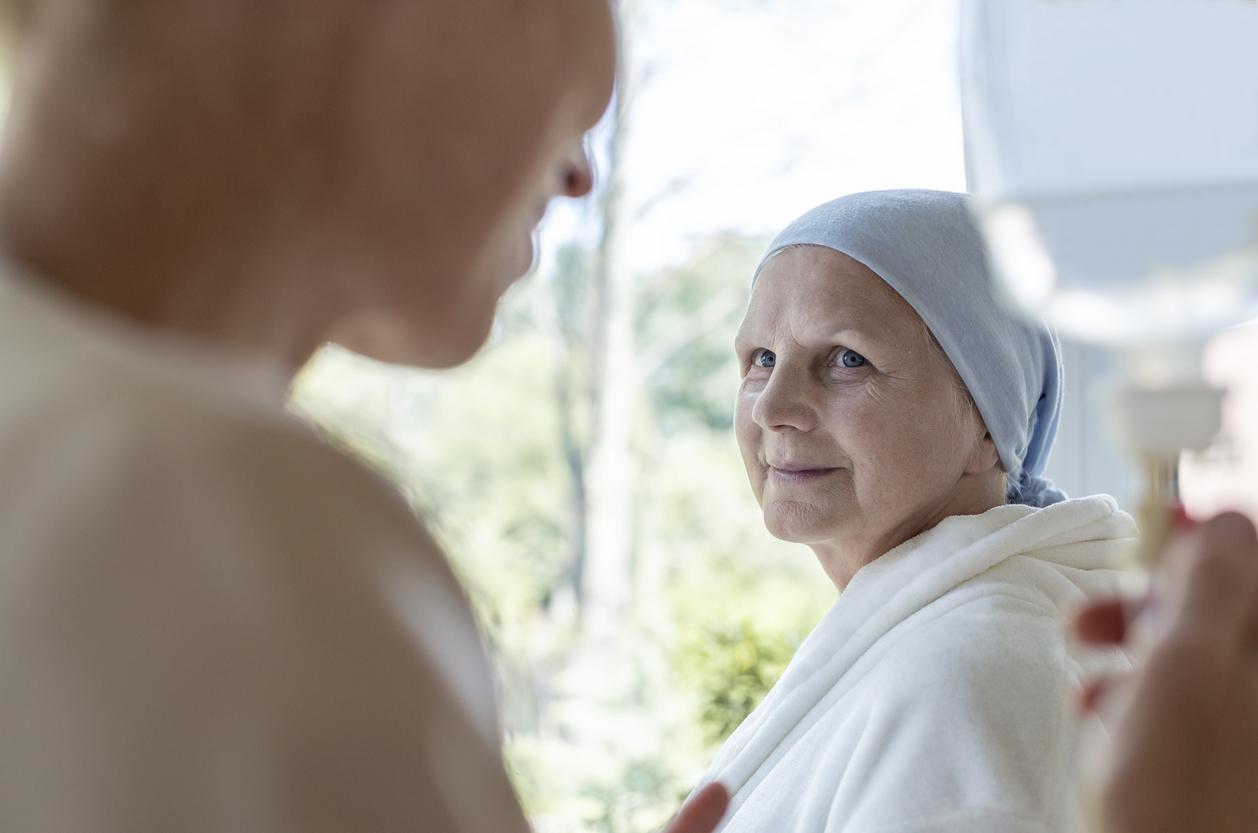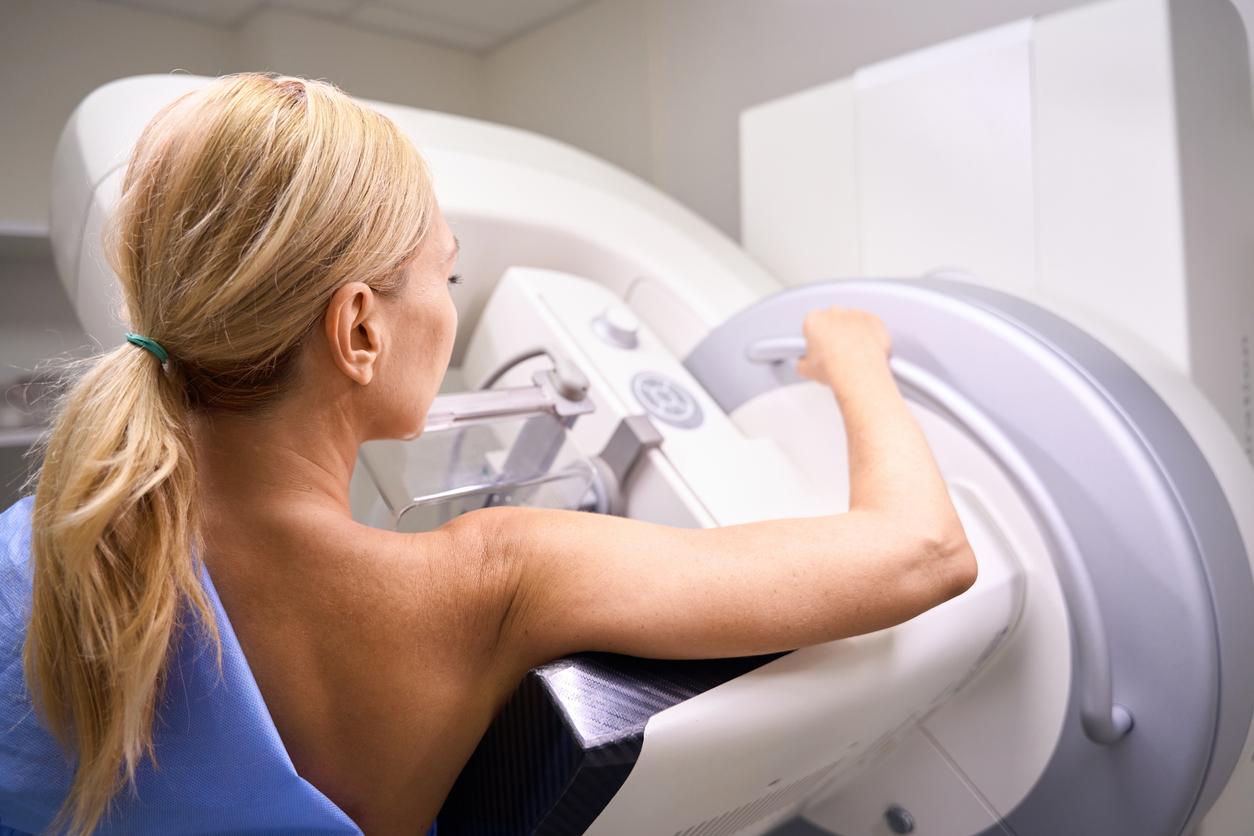Bladder cancer is one of the most common cancers in France. A new study compares the results of radical cystectomy to those of trimodal therapy for the treatment of invasive bladder cancer.

- Bladder cancer is one of the most common cancers affecting around 12,000 people in France each year.
- Removal of the bladder, or cystectomy, is considered the treatment of choice.
- However, tumor ablation linked to chemotherapy shows equivalent results for 5-year survival without metastasis.
Bladder cancer is the seventh most common cancer in France and accounts for around 3% of all cancers. According to statistics from the National Cancer Institute (INCa), there are approximately 12,000 new cases of bladder cancer in France each year. Men are more affected than women, with eight men affected for every two women. Smoking is the most important risk factor.
Symptoms of bladder cancer
The main symptom of bladder cancer is blood in the urine, called hematuria. However, other symptoms may also occur, such as pain during urination, pain in the lower abdomen, frequent urination, and general weakness.
Bladder cancer: cystectomy considered the treatment of choice
The treatment for bladder cancer depends on several factors, such as the stage and grade of the tumour, the symptoms and the general health of the patient. Treatment options include surgery, radiation therapy, chemotherapy, and targeted therapy. Radical cystectomy, which involves the total removal of the bladder, is considered the treatment of choice for invasive bladder cancer. However, this heavy procedure can lead to complications such as infections, bleeding and gastrointestinal problems. Trimodal therapy, which consists of tumor removal followed by chemotherapy and radiotherapy, may be an effective alternative for some patients.
Comparison of radical cystectomy and trimodal therapy
A new study conducted in the United States and published in The Lancet compares the results of radical cystectomy and trimodal therapy for the treatment of invasive bladder cancer. The study analyzed the cases of 722 patients, of whom 440 underwent radical cystectomy and 222 tumor removal supplemented with chemotherapy. The results show that the trimodal therapy does not present a statistical difference with the radical cystectomy for a five-year survival without metastases. Survival rates are 74% and 75% for radical cystectomy and trimodal therapy, respectively. However, the researchers believe that trimodal therapy should be offered to all patients with invasive bladder cancer, not just those with comorbidities for which surgery is not an option.
Tips to prevent bladder cancer
The prevention of bladder cancer goes first and foremost through quitting smoking, which represents the most important risk factor for this disease. Other measures can also help reduce the risk of developing bladder cancer, such as drinking enough water, avoiding exposure to toxic chemicals, and treating any UTIs promptly.
Physicians should discuss available treatment options with their patients to determine which method is best for each individual case and educate patients about preventive measures to reduce their risk of developing bladder cancer.


















